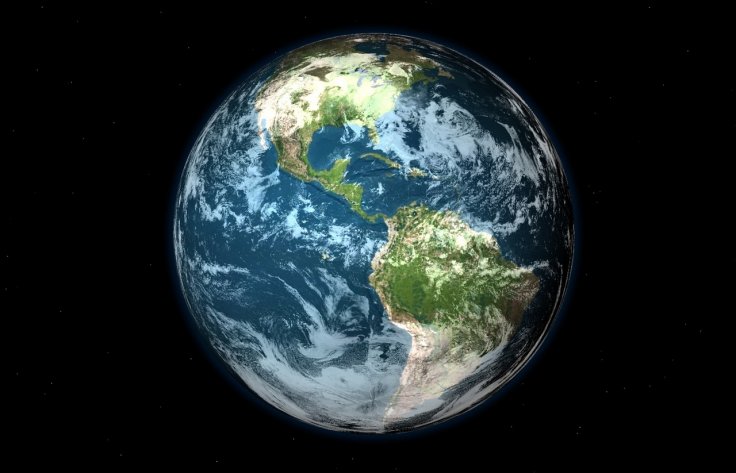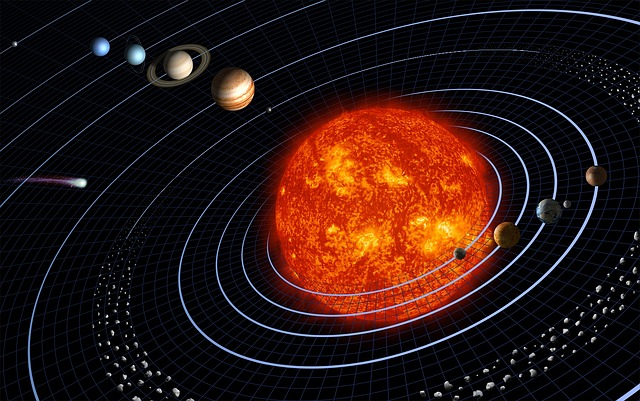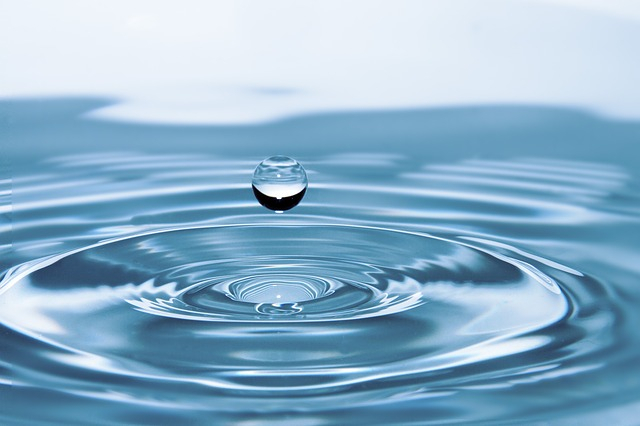For all of us who call this blue planet called Earth home, there is no better place in the universe other than this. However, a new study says that this may not necessarily be the case. According to researchers, there are two dozen planets in solar systems outside, which may harbor conditions that are more suitable to sustain life than earth.
The study led by Washington State University has described the features of potential 'superhabitable' planets. These also consist of planets that are older, larger, moderately warmer, and potentially wetter than Earth. 24 planets have been zeroed upon as superhabitable, all of whom are overall more than 100 light-years away.
Talking about the potential that the study holds, Dirk Schulze-Makuch, lead author of the study said, "With the next space telescopes coming up, we will get more information, so it is important to select some targets. We have to focus on certain planets that have the most promising conditions for complex life. However, we have to be careful to not get stuck looking for a second Earth because there could be planets that might be more suitable for life than ours."

Need for the 'Right' Sun
For the study, the authors defined the criteria of superhabitability and searched among 4,500 known exoplanets outside our solar system for viable candidates. Habitability, according to the scientists, was not the definite presence of life, rather the mere conditions that are conducive to support life.
The team settled on planet-star systems with likely terrestrial planets orbiting with the host star's liquid water habitable zone from the Kepler Object of Interest Exoplanet Archive of transiting exoplanets. Though our sun is the center of our solar system, its lifespan is relatively short—below 10 billion years.
It is interesting to note that complex life on Earth appeared only four billion years after the sun's formation. There are several stars similar to ours and are known as G stars. It is likely that they may die out before complex life develops on their orbiting planet.
Ideal Conditions for Life

While the scientists sought systems with cooler G stars, they also examined systems with stars that are cooler, smaller and less luminous than our sun, known as K stars. They have longer lifespans of over 20 to 70 billion years. This provides the planets orbiting these suns the time to develop complexity similar to life currently found on Earth.
In order to be able to be habitable, planets must be of an age where their geothermal heat is exhausted and does not have protective geomagnetic fields. Earth is nearly 4.5 billion years old. However, scientists posit that the ideal phase for life is between five to eight billion years old.
The mass and size of the planets are also of importance. A planet that is 10 percent larger than Earth must contain more habitable land. A planet that is nearly 1.5 times Earth's mass is expected to maintain its interior heating longer through radioactive decay and also has a strong gravity hold on to the atmosphere over extended periods of time.
The Essence of Life—Water

Water is considered vital for life and the scientists argue that generous amounts of it in the form of humidity, moisture and clouds, would be of great significance. A slightly warmer temperature overall, a mean surface temperature of approximately 5C higher than Earth's, along with additional moisture, may prove valuable for life.
Not all of the 24 identified planets meet all the specified criteria of superhabitable planets. However, one of the two dozen possesses four of the crucial characteristics. This makes it potentially more comfortable than Earth.
"It's sometimes difficult to convey this principle of superhabitable planets because we think we have the best planet. We have a great number of complex and diverse lifeforms, and many that can survive in extreme environments. It is good to have adaptable life, but that doesn't mean that we have the best of everything," concluded Schulze-Makuch.









